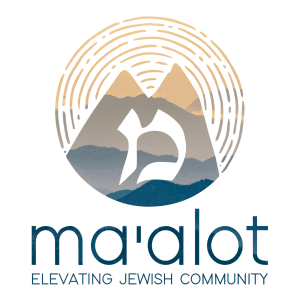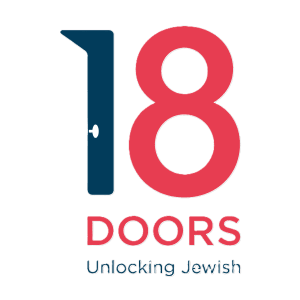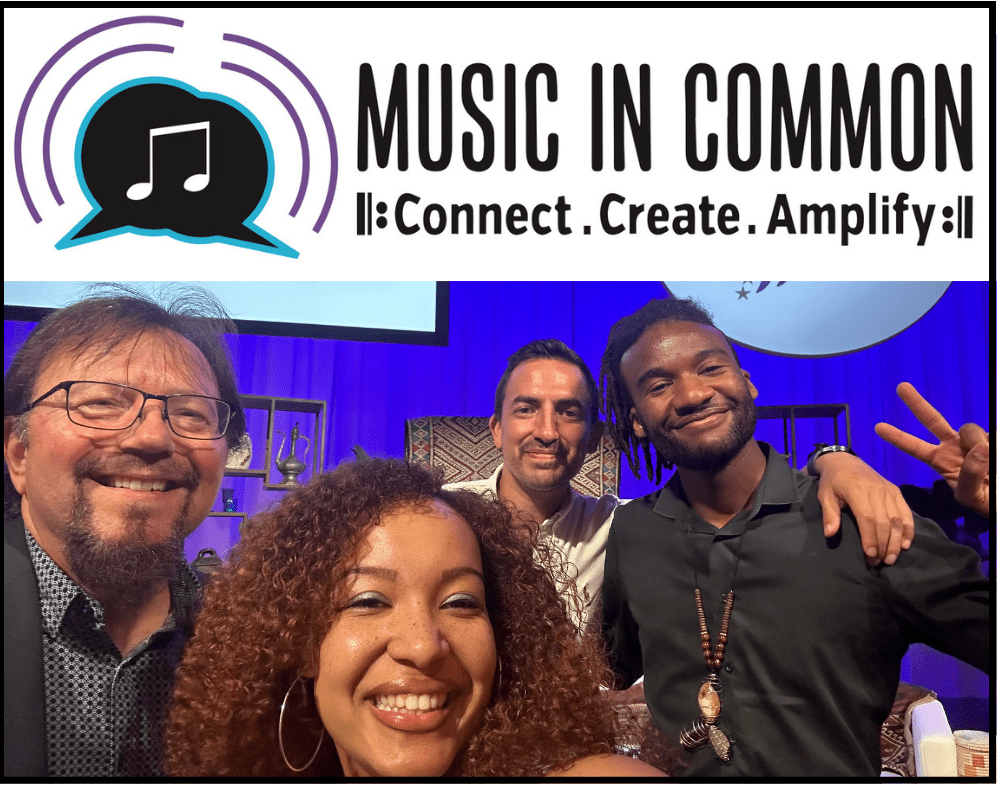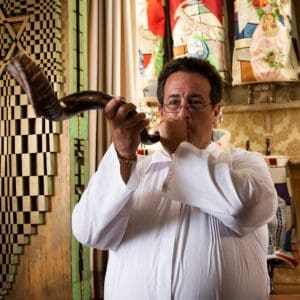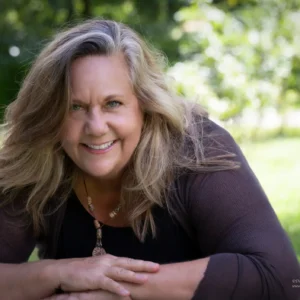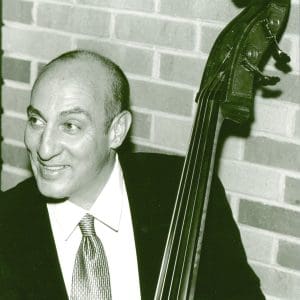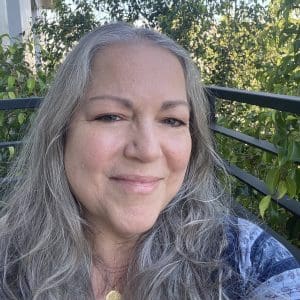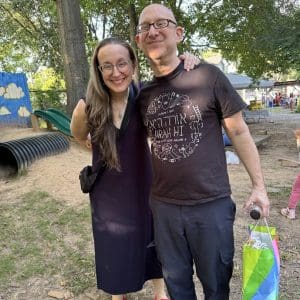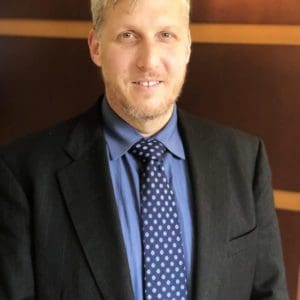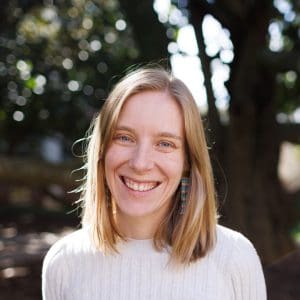Torah Commentary with Rabbi Laurence Rosenthal
Parshat Yitro
Exodus 18:1 - 20:23; Haftara: Isaiah 6:1 - 7:6, 9:5 - 6
By Rabbi Laurence Rosenthal
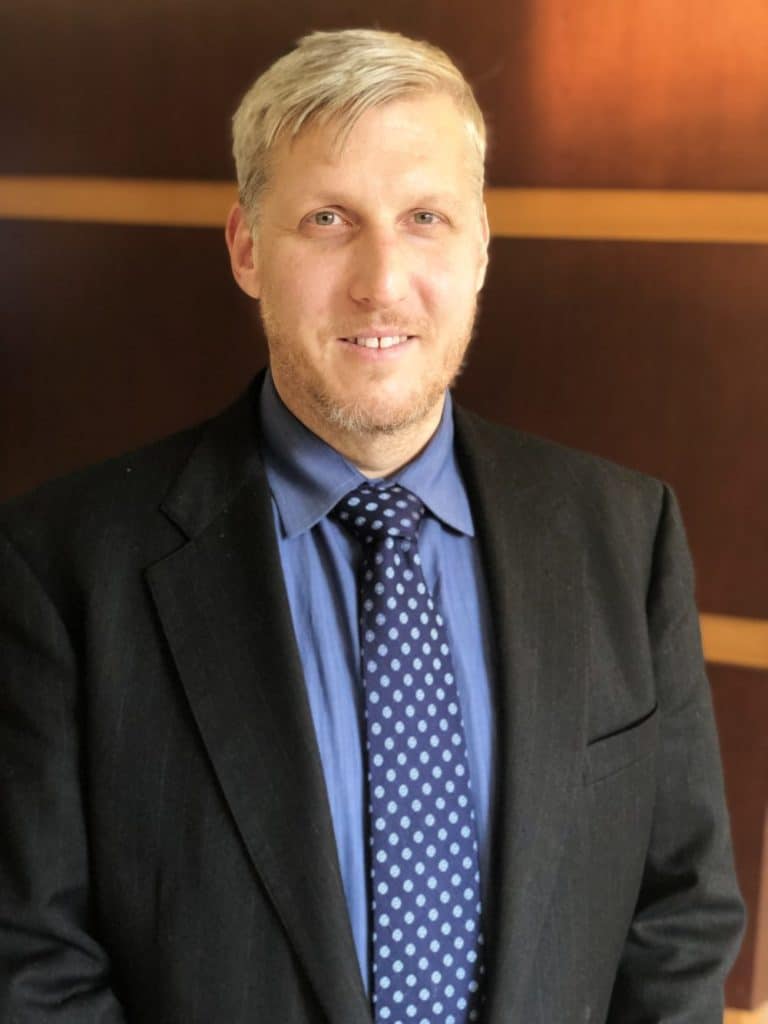
We are finally at the third pillar of our people's sacred journey (three: Creation, Redemption & Revelation). After being freed from Egyptian bondage, the people Israel arrive at the base of Mount Sinai, about to receive God's word and instruction, about to receive the Torah. Chapter 19 of Exodus states:
וַיִּסְעוּ מֵרְפִידִים וַיָּבֹאוּ מִדְבַּר סִינַי וַיַּחֲנוּ בַּמִּדְבָּר וַיִּחַן־שָׁם יִשְׂרָאֵל נֶגֶד הָהָר:
"And they travelled from Rephidim, they entered the wilderness of Sinai and encamped in the wilderness. And Israel encamped opposite the mountain" (vs. 2).
This single line invites a lot of questions:
- Since their stop at Rephidim was noted in Exodus 17:1, why state this locality again here. If we were only told that they 'entered the wilderness of Sinai', we would have assumed that they left Rephidim.
- Why state that they entered the Wilderness of Sinai in verse two when we learned in the last verse (vs. 1) that the Children of Israel entered the Wilderness of Sinai?
- Why state that they encamped in the wilderness and then state again that they encamped opposite the mountain?
Let us focus on this last questions. Rashi helps us understand why the text states that they encamped twice. He explains:
ויחן שם ישראל… כאיש אחד בלב אחד :רש"י.
"And Israel encamped (v'yakhen)… As one person with one heart" (Rashi).
For Rashi, the first mention of 'encampment' is to describe a physical positioning. Whereas the second "encampment" alludes to a spiritual posture. Rashi's sentiment is beautiful. Unity is a spiritual expression that we strive for. Unfortunately, Jewish unity is often found around existential threats and rarely finds expressions at the internal divisions that slowly break us apart. Jewish togetherness is an important part of Jewish practice. Dr. Steven Kepnes, in his book, The Future of Jewish Theology, writes, "… We will see that the central events in the history of Judaism, like revelation of the Torah and the Exodus from Egypt, occurred to Israel as a people and the end of Jewish history, redemption, is articulated as a collective salvation of the people and not just the individual" (pg. 45).
Dr. Kepnes' point helps to explain why so many of our prayers, especially on the High Holidays, are said in the collective. The Mahzor states that we have sinned, not I have sinned.
Unity, however, means belonging to a collective. Our identity, therefore, is dependent on something greater than ourselves, which moves at its own pace and is influenced by a myriad of forces. This dependence on the collective doesn't pair so well with the radical individualism that we experience in our modern life. If I am a sovereign self, marching to the beat of my own drum, the captain of my own destiny, where does the collective fit into my life's journey?
The importance of Jewish unity is given greater focus by a further commentary on our pasouk (verse of Torah) and Rashi's explanation.
ויחן שם ישראל… כאיש אחד בלב אחד רש"י: בשעה שישראל מאוחדים ומלוכדים "כאיש אחד בלב אחד" יכולים הם לעמוד נגד ההר", היצר הרע הדומה להר. (אור ישרים)
"And Israel encamped (v'yakhen)… As one person with one heart" (Rashi). In the moment that the people Israel are united and cohesive, "As one person with one heart" it is possible for them to stand opposite 'the mountain,' the evil inclination is similar to a mountain" (Ohr Yesharim).
The Ohr Yesharim, a compendium of commentaries on the great work, "Messilat Yesharim, digs deeper into Rashi's feel-good statement. Creating togetherness is imperative if we are to overcome the evil impulse that courses through us, enticing us away from a life lived, properly, with compassion, kindness, justice, and God.
So how do we unite? How do we find connection with other Jews? How do we live a life united with Jews, committed to a Jewish way of life? I'd start with a spiritual inventory. What do you do which is identifiably Jewish? What is your Jewish practice? Once you have your list, then ask yourself – How can I bring others into my practice and rhythms? Jewish unity doesn't just happen. It takes work. It takes understanding what makes your heart tick and listening to the heartbeat of others. Maybe then our hearts can beat as one.











